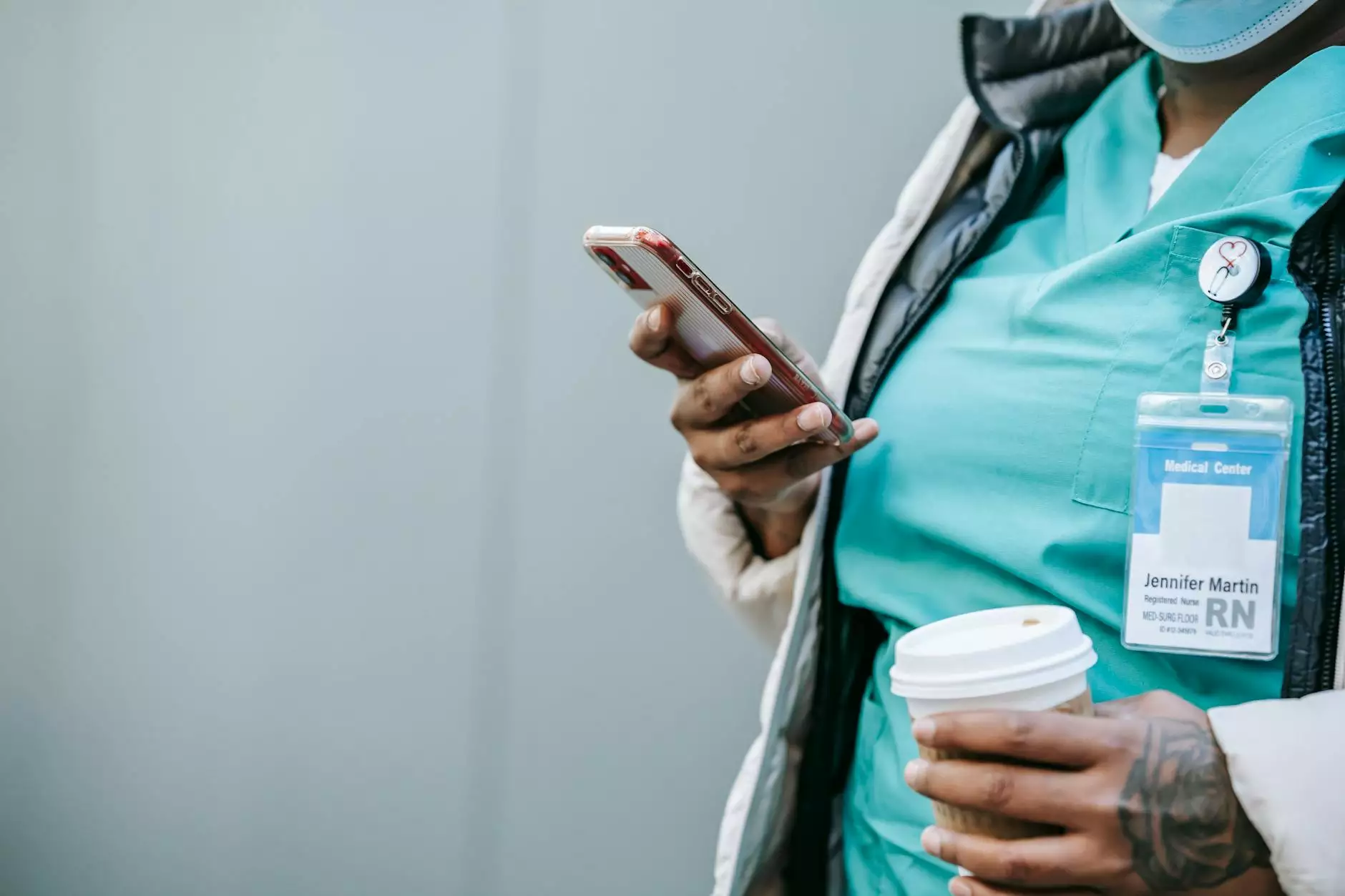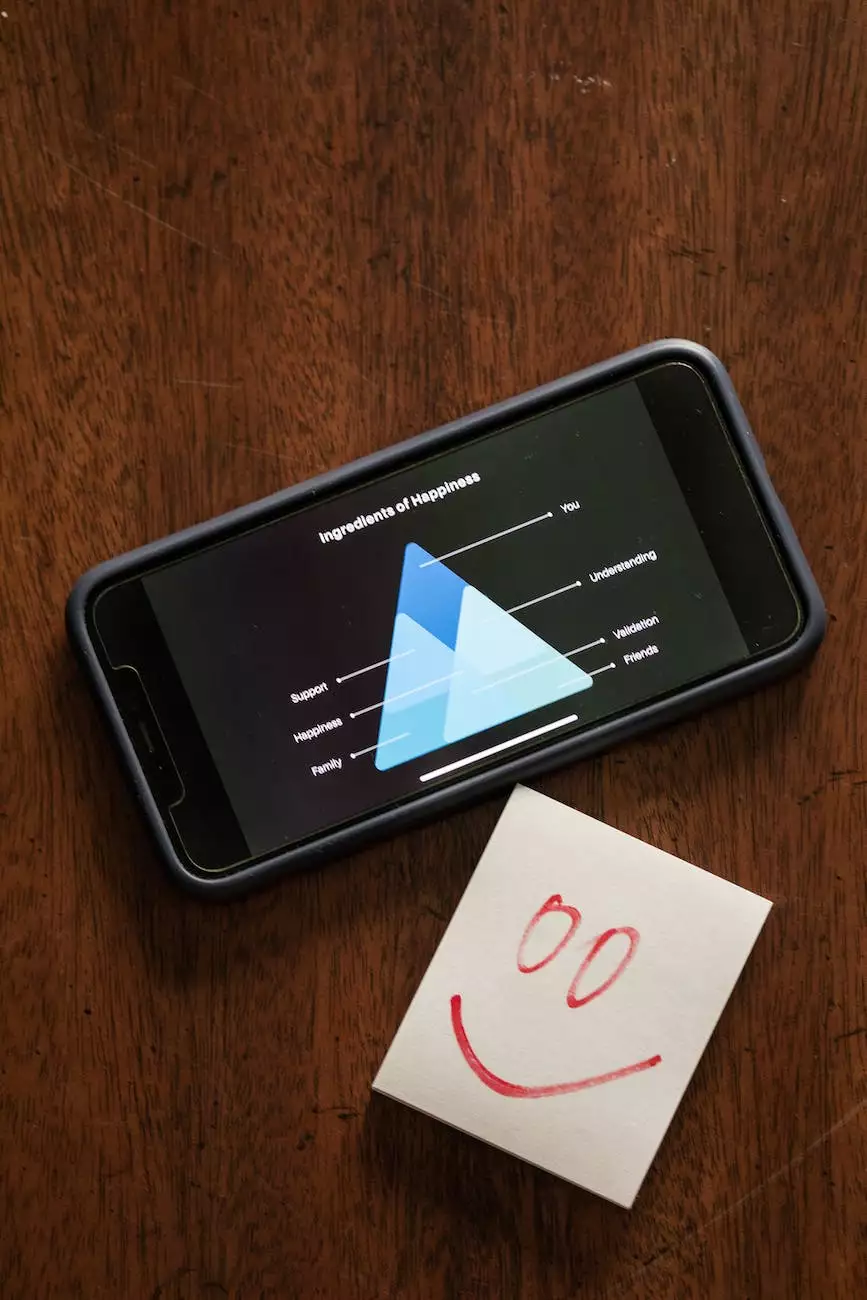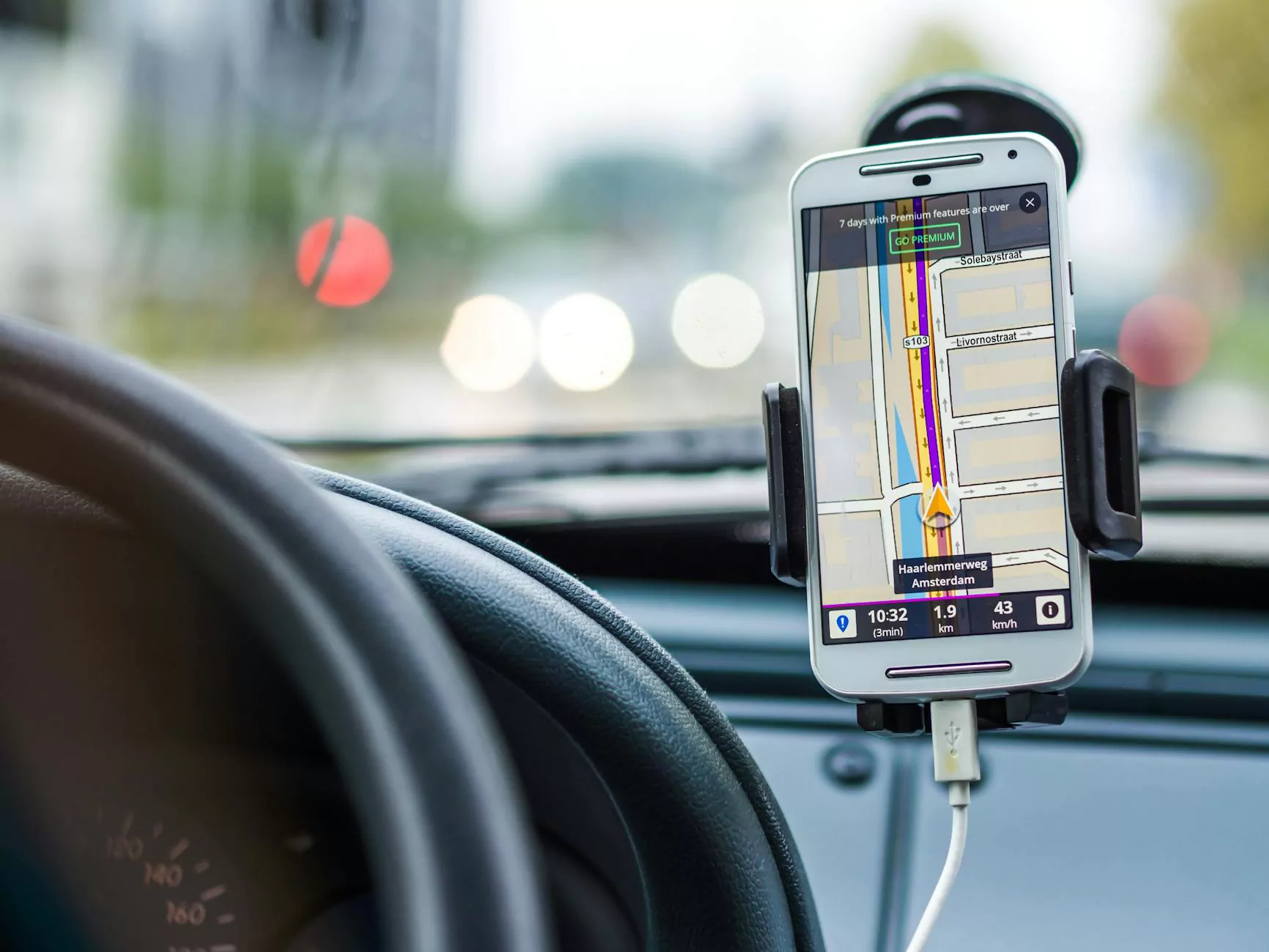What Is Medical Device And How Mobile App Can Be A Medical Device For You
Development Partners
Medical devices are essential tools that play a crucial role in the healthcare industry. They range from simple devices like thermometers to complex equipment such as MRI machines. In recent years, the emergence of mobile apps has expanded the possibilities of medical devices. Maslow Lumia Bartorillo Advertising, a leading provider of marketing and advertising services in the business and consumer services industry, understands the potential of mobile apps in the medical field.
Understanding Medical Devices
Before diving into the world of mobile apps as medical devices, it's important to understand what constitutes a medical device. According to the U.S. Food and Drug Administration (FDA), a medical device is defined as any instrument, apparatus, implement, machine, contrivance, implant, in vitro reagent, or other similar or related article, intended for use in the diagnosis, cure, mitigation, treatment, or prevention of disease.
Medical devices are classified into different categories based on their complexity and potential risks. These classes include Class I (low risk), Class II (moderate risk), and Class III (high risk). Each class requires different levels of regulatory control to ensure their safety and effectiveness. The FDA plays a crucial role in evaluating and approving medical devices before they can be marketed.
The Role of Mobile Apps in the Medical Field
The proliferation of smartphones and mobile apps has revolutionized various industries, including healthcare. Mobile apps have the potential to serve as medical devices and provide essential medical services to users. These apps can be categorized as Software as a Medical Device (SaMD), designed to perform medical functions traditionally carried out by standalone devices.
Mobile apps can be utilized for a wide range of medical purposes, such as:
- Health Monitoring: Mobile apps can track vital signs, monitor chronic conditions, and provide real-time feedback to users and healthcare professionals.
- Disease Management: Apps can assist in organizing medication schedules, providing reminders, and offering educational resources for disease management.
- Telemedicine: Apps enable remote consultations, connecting patients with healthcare providers via video calls, chat, and other communication channels.
- Diagnostic Tools: Some apps utilize built-in sensors or external accessories to assist in diagnosing conditions like skin diseases or respiratory disorders.
- Mental Health Support: Mobile apps can offer therapy, meditation, and stress management tools, helping users improve their mental well-being.
The Benefits of Mobile Apps as Medical Devices
The integration of mobile apps as medical devices brings numerous benefits to both patients and healthcare providers. Some key advantages include:
- Accessibility: Mobile apps provide instant access to medical services, overcoming geographical barriers and increasing healthcare availability.
- Convenience: Patients can conveniently monitor their health, receive personalized recommendations, and manage their medical needs from the comfort of their own homes.
- Efficiency: Mobile apps streamline healthcare processes, reducing waiting times, administrative tasks, and the need for in-person visits.
- Empowerment: Users can take an active role in their healthcare through self-monitoring, data tracking, and access to educational resources.
- Cost-effectiveness: Mobile apps can potentially lower healthcare costs by eliminating the need for unnecessary appointments, reducing hospital readmissions, and improving overall efficiency.
The Future of Mobile Apps as Medical Devices
The rapid advancement of technology continues to push the boundaries of what mobile apps can achieve as medical devices. Looking ahead, we can expect exciting developments in areas such as artificial intelligence, wearables, and data integration.
Artificial Intelligence (AI): AI-powered mobile apps can analyze vast amounts of health data, providing more accurate diagnostics and personalized treatment recommendations. Machine learning algorithms have the potential to revolutionize healthcare outcomes.
Wearables: The integration of mobile apps with wearable devices, such as smartwatches or fitness trackers, allows for seamless data collection and continuous monitoring. This real-time data enhances healthcare professionals' ability to make informed decisions and deliver personalized care.
Data Integration: Mobile apps can integrate with electronic health records (EHR) systems, enabling the secure exchange of patient information between healthcare providers. This interoperability improves care coordination and reduces medical errors.
Remote Patient Monitoring: With the help of mobile apps, patients can remotely monitor their health conditions and transmit vital data to healthcare professionals in real-time. This proactive approach allows for early intervention and timely adjustments to treatment plans.
Conclusion
In conclusion, mobile apps have the potential to function as medical devices and greatly enhance healthcare delivery. These versatile apps offer a wide range of functionalities and benefits, from health monitoring and disease management to telemedicine and diagnostic tools. As technology continues to advance, mobile apps will play an increasingly important role in transforming the medical field. Partnering with a leading marketing and advertising agency like Maslow Lumia Bartorillo Advertising ensures that your mobile app as a medical device reaches the right audience and achieves optimal visibility in the competitive healthcare market.










